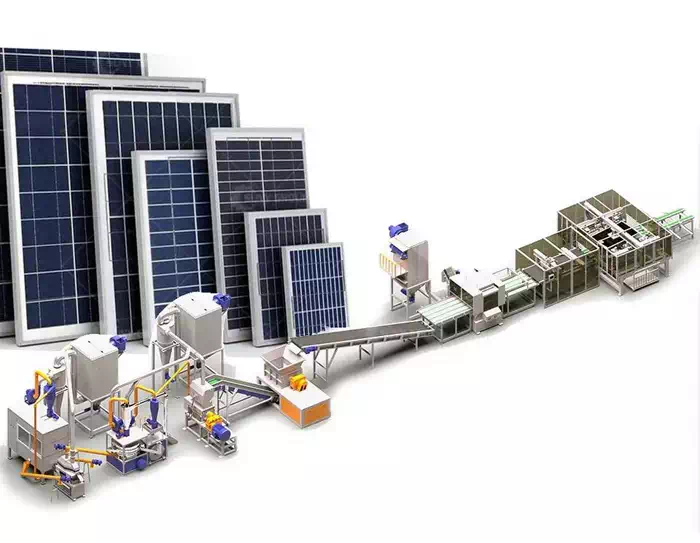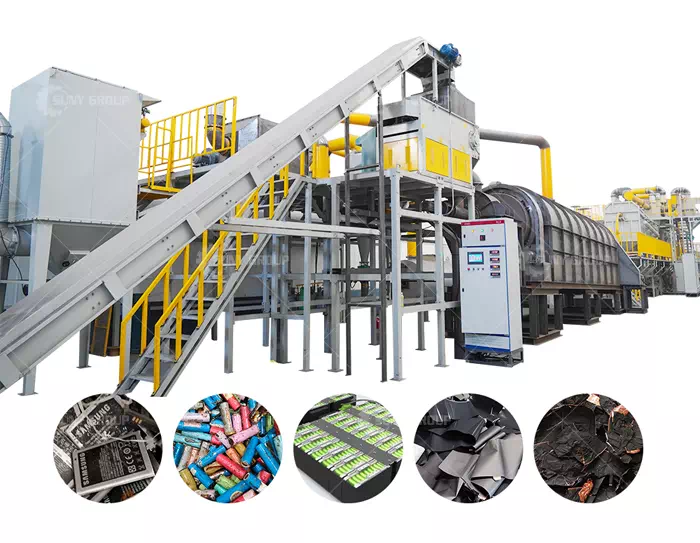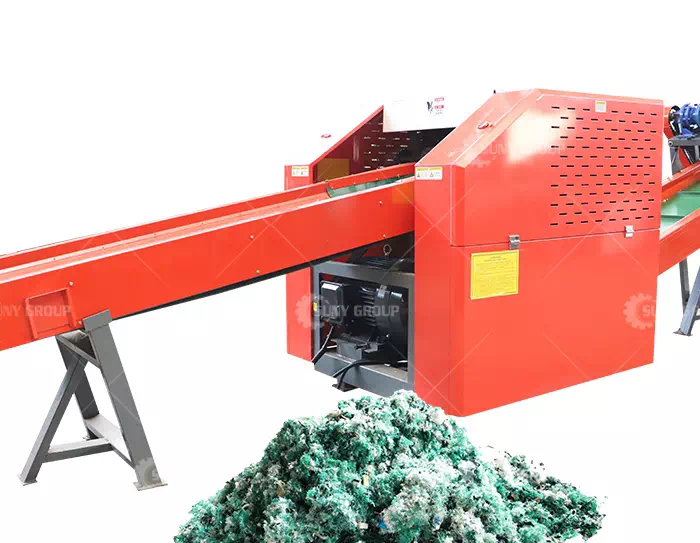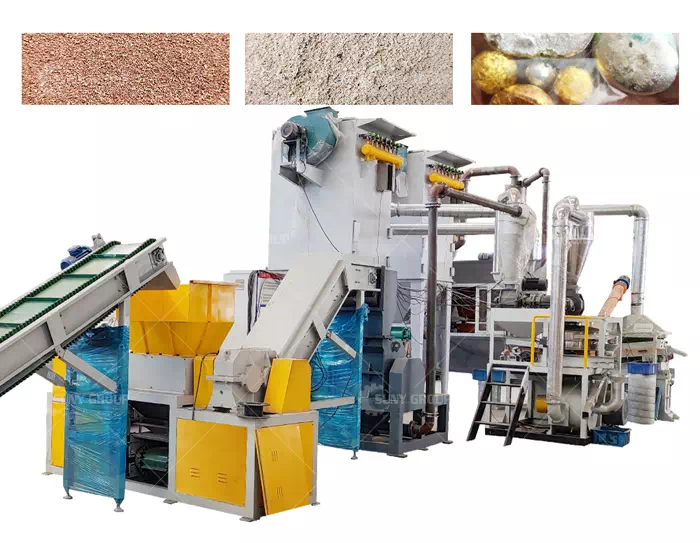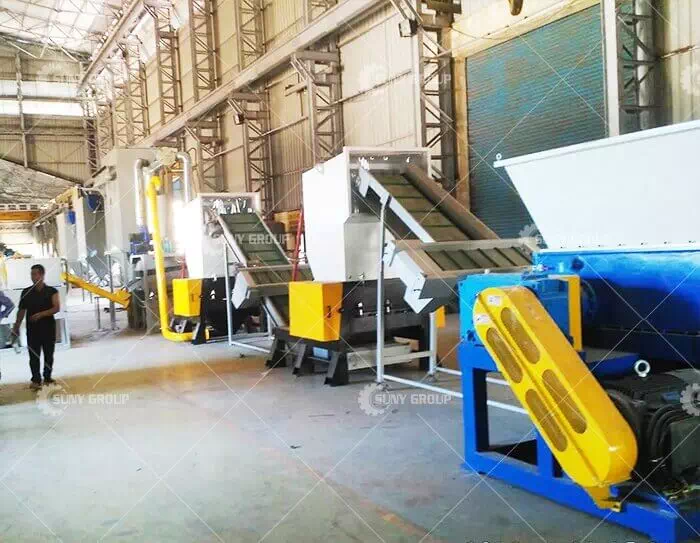How to start an e-waste recycling business?
In today's digital age, electronic waste (e-waste) has become a pressing environmental issue. Improper disposal of electronic equipment poses a significant risk to human health and the environment. Starting an e-waste recycling business not only helps create a cleaner, safer environment, but it also presents a promising entrepreneurial opportunity. This article will give you a comprehensive guide on how to start an e-waste recycling business, with particular emphasis on the importance of technology, equipment and cost factors.
To get started in the e-waste recycling industry, you must first have a solid understanding of the business. Familiarity with e-waste regulations, environmental standards, and potential market demand for recycled materials. Conduct a thorough research and analysis to identify your target market, potential competitors and available opportunities.
Technology and Equipment
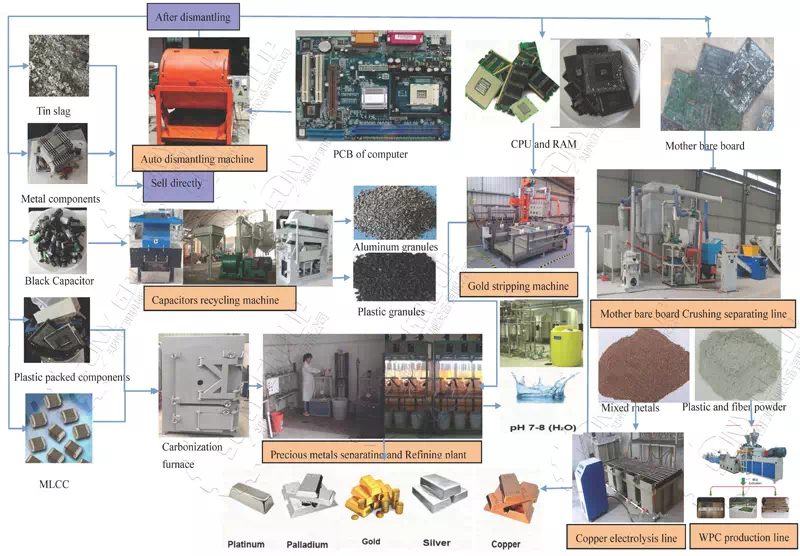
Investing in the right technology and equipment is critical to the success of your e-waste recycling business. Here are some key considerations:
Dismantling and classification: adopt advanced dismantling and classification technology and equipment to efficiently dismantle and classify all kinds of electronic waste.
Crushing and sorting: The disassembled electronic waste, such as the circuit board motherboard, is crushed and ground, and then the metal powder and resin powder inside are effectively separated and recycled through the sorting equipment.
Precious Metal Refining: Extracting valuable materials from e-waste. These include shredders, granulators, separators and melting furnaces for recovering metals such as gold, silver, copper and palladium.
Cost Factors and Financial Planning
Starting an e-waste recycling business requires careful financial planning. Consider the following cost factors:
Facility: Purchase or lease a suitable location for your recycling facility. Consider size, infrastructure, and necessary permits and licenses. Estimate rent, utilities and insurance costs.
Technology and Equipment: Research and budget for the necessary technology and equipment based on the size of your operation. Consider initial investment and ongoing maintenance costs.
Workforce: Determine the number of employees needed to efficiently run your facility.
Regulatory Compliance: Allocate funds to obtain necessary permits, licenses and certifications. Ensure compliance with local, state and federal regulations related to waste management and environmental protection.
Marketing and Promotion: Develop a marketing strategy to promote your e-waste recycling services. Allocate funds for advertising, website development, and community outreach.
Starting an e-waste recycling business is a rewarding endeavor, both economically and environmentally. By understanding the importance of technology, equipment and cost factors, you can build efficient and sustainable operations. Remember to stay informed about industry trends, continue to invest in research and development, and cultivate relationships with suppliers and potential customers. SUNY GROUP, as an equipment solution provider with more than ten years of experience in e-waste recycling, welcomes you to consult us at any time.
Recommend products
CONTACT US:
If you have any requirement or suggestion, please fill in the form and send to us, thanks!E-mail:sunymachine@gmail.com | Whatsapp:+8613674945231


